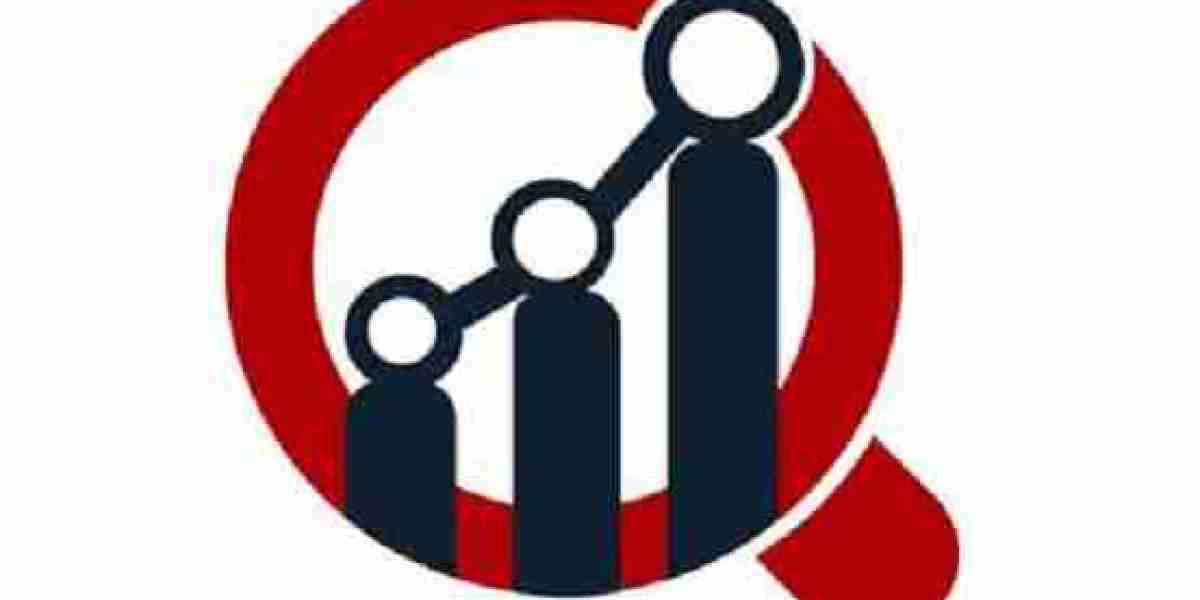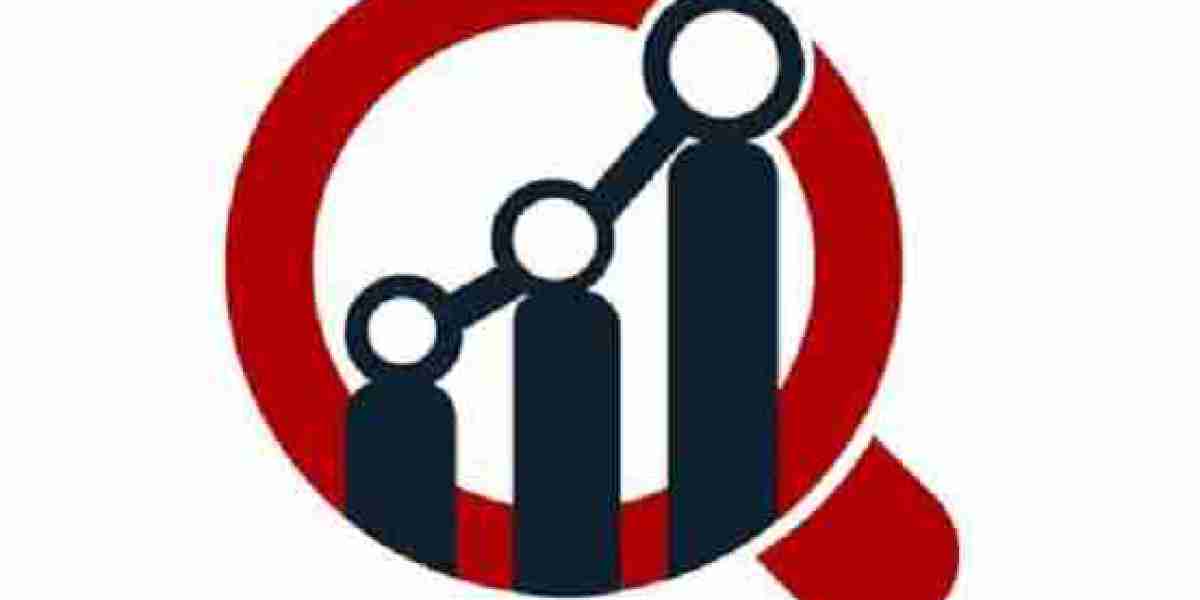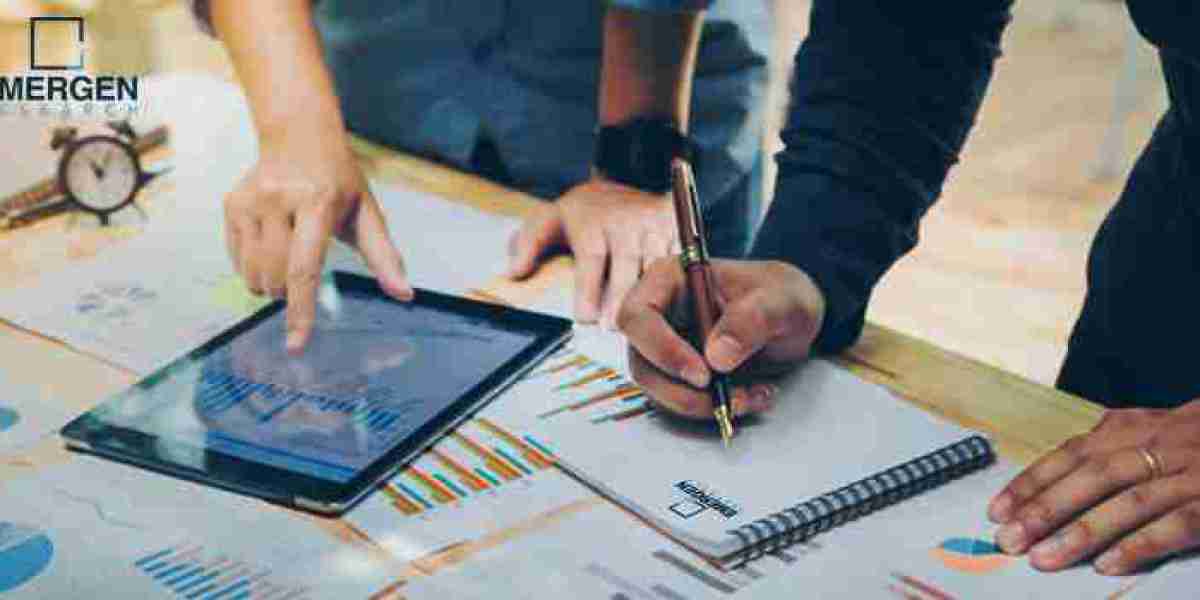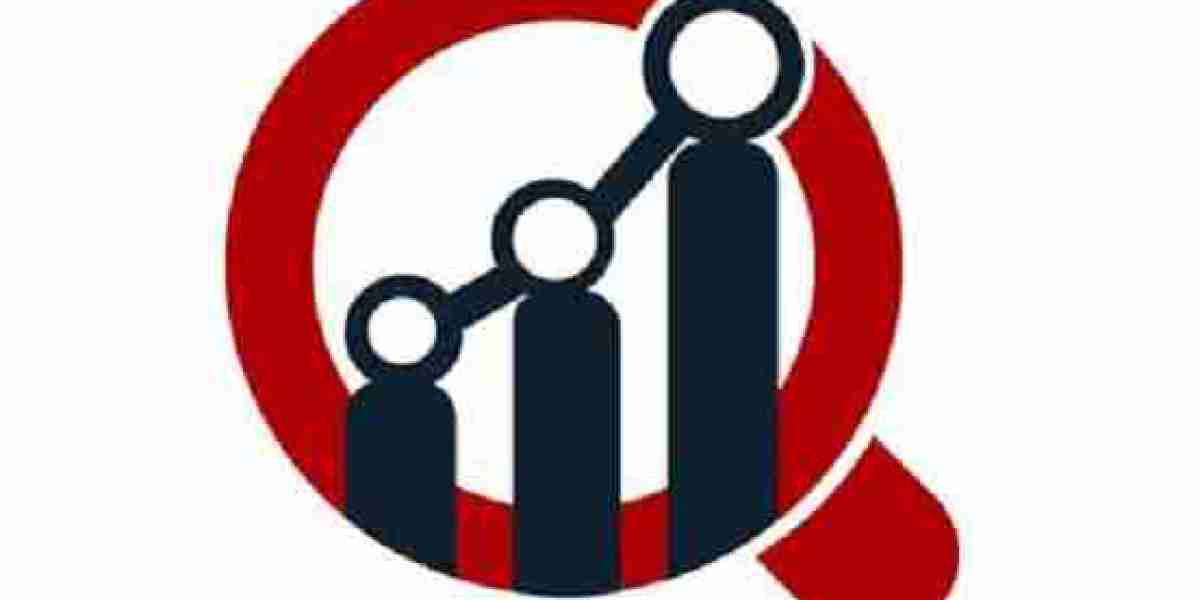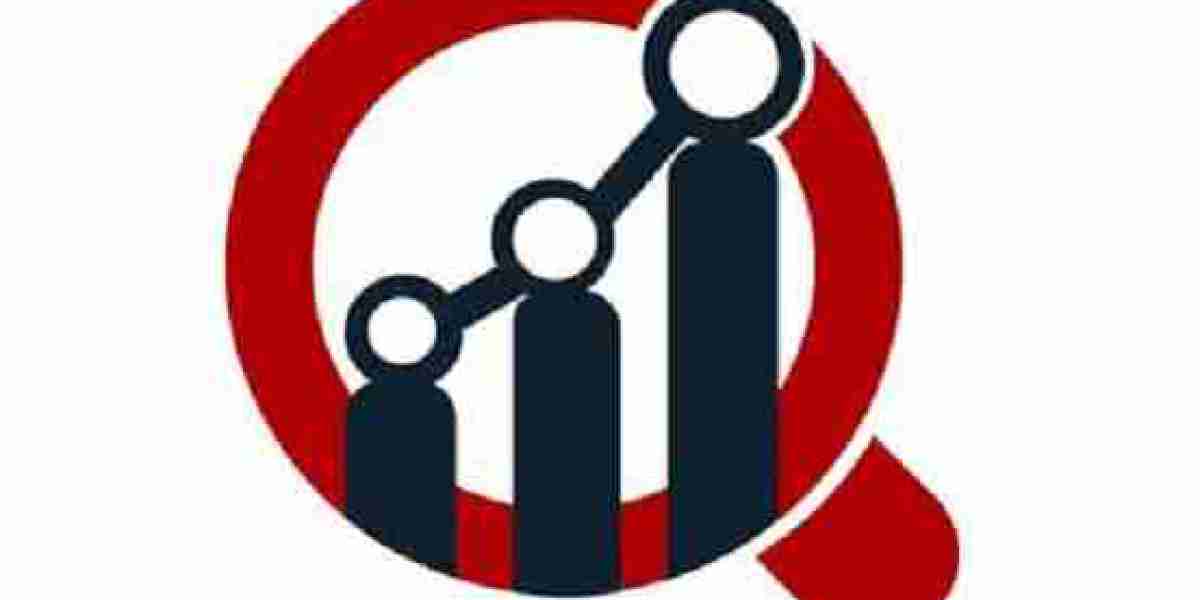Introduction
Filing self-assessment tax returns can be a daunting task, especially with the myriad of regulations and deadlines to keep track of. For residents of Swindon, engaging the services of a tax accountant can significantly simplify this process. Not only do these professionals bring a wealth of expertise, but they also provide peace of mind, ensuring that your tax return is accurate and submitted on time.
Understanding Self-Assessment Tax Returns
Self-assessment tax returns are a method used by HM Revenue and Customs (HMRC) to collect Income Tax. It requires individuals to report their income, gains, and certain reliefs, allowing HMRC to calculate the tax owed. This process is essential for self-employed individuals, landlords, those with significant savings or investment income, and others who earn income outside of regular employment.
Challenges of Self-Assessment Tax Returns
Filing self-assessment tax returns comes with its own set of challenges. Many taxpayers struggle with understanding tax laws, keeping track of expenses, and meeting deadlines. Errors in the tax return or late submissions can lead to hefty fines and increased scrutiny from HMRC, making the process even more stressful.
Benefits of Hiring a Tax Accountant in Swindon
Hiring a tax accountant offers several advantages:
Expert Knowledge and Experience: Tax accountants are well-versed in the latest tax laws and regulations, ensuring your tax return is compliant and accurate.
Time and Stress Management: Handling your taxes can be time-consuming and stressful. A tax accountant takes this burden off your shoulders, allowing you to focus on other important aspects of your life or business.
Accuracy and Compliance: With a professional handling your tax return, the risk of errors is minimized, reducing the likelihood of fines or audits.
Services Offered by Swindon Tax Accountants
professional Tax accountants in Swindon provide a comprehensive range of services to assist with self-assessment tax returns:
Initial Consultation and Tax Planning: Understanding your financial situation and planning accordingly.
Detailed Record-Keeping and Documentation: Organizing and maintaining accurate financial records.
Calculations and Deductions: Ensuring all eligible deductions and credits are claimed.
Filing and Submission: Preparing and submitting your tax return to HMRC.
Follow-up and Support: Providing ongoing support and advice, even after submission.
Choosing the Right Tax Accountant in Swindon
When selecting a tax accountant, consider the following:
Qualifications and Credentials: Ensure the accountant is qualified and a member of a recognized professional body.
Experience and Specialization: Look for an accountant with experience in your specific industry or financial situation.
Client Reviews and Testimonials: Read reviews and seek recommendations from other clients.
Cost Considerations: Understand the fees involved and ensure they fit within your budget.
The Self-Assessment Process with a Tax Accountant
Working with a tax accountant involves several key steps:
Initial Meeting and Information Gathering: Discussing your financial situation and gathering necessary documents.
Data Analysis and Preparation: Analyzing your financial data and preparing the tax return.
Review and Approval: Reviewing the prepared tax return for accuracy and completeness.
Submission to HMRC: Filing the tax return on your behalf.
Post-Filing Support: Providing support for any follow-up queries or issues.
Common Tax Deductions and Credits
Several deductions and credits can help reduce your tax liability:
Business Expenses: Costs related to running your business.
Personal Allowances: Standard allowances that reduce taxable income.
Charitable Donations: Donations to qualifying charities.
Home Office Deductions: Expenses for using part of your home for business.
Tips for a Smooth Self-Assessment Experience
To ensure a hassle-free experience, follow these tips:
Organizing Financial Records: Keep your financial records well-organized throughout the year.
Understanding Deadlines: Be aware of key deadlines to avoid late penalties.
Keeping Up with Tax Laws: Stay informed about changes in tax regulations.
Regular Communication with Your Accountant: Maintain open communication with your accountant for timely advice and support.
Technology and Tools Used by Tax Accountants
Tax accountants leverage various tools to enhance their services:
Accounting Software: Tools like QuickBooks or Xero streamline financial management.
Secure Data Transfer Methods: Ensuring your financial data is transferred securely.
Online Portals and Dashboards: Providing you with easy access to your financial information.
Tax Planning for Future Self-Assessments
Effective tax planning can make future self-assessments easier:
Setting Financial Goals: Define clear financial objectives.
Regular Reviews and Adjustments: Periodically review and adjust your tax strategies.
Strategic Tax Saving Methods: Implement strategies to minimize your tax liability legally.
Case Studies: Success Stories from Swindon
Small Business Owner: How a Swindon accountant helped streamline their finances and maximize deductions.
Freelancer: Simplifying the tax return process and ensuring compliance.
High Net-Worth Individual: Strategic tax planning to optimize financial outcomes.
Common Myths About Tax Accountants Debunked
Too Expensive: Many believe accountants are costly, but the savings and peace of mind they provide often outweigh the fees.
Only for Businesses: Accountants also help individuals with complex financial situations.
DIY is Just as Good: Professional accountants offer expertise that DIY methods can't match.
The Future of Self-Assessment Tax Returns
The landscape of self-assessment tax returns is evolving:
Digital Advancements: Increased use of technology in tax preparation.
Changing Tax Regulations: Continuous updates to tax laws.
The Growing Role of Accountants: As tax laws become more complex, the need for professional accountants will grow.
Conclusion
Hiring a tax accountant in Swindon can make the self-assessment tax return process significantly easier and more efficient. Their expertise ensures compliance with tax laws, accuracy in filing, and valuable advice for tax planning. Don't navigate the complexities of tax returns alone—seek professional help and enjoy the peace of mind that comes with knowing your taxes are in good hands.
FAQs
What documents do I need for self-assessment? You'll need income statements, expense receipts, bank statements, and any other financial documents related to your income and deductions.
How much does a tax accountant in Swindon typically charge? Fees can vary widely based on the complexity of your tax situation, but many accountants offer competitive rates and initial consultations.
Can I file my self-assessment tax return online? Yes, HMRC allows online filing of self-assessment tax returns, which can be done directly or through an accountant.
What happens if I miss the self-assessment deadline? Missing the deadline can result in fines and interest charges on any unpaid tax. It's crucial to file on time to avoid these penalties.
How do tax accountants ensure data security? Tax accountants use secure data transfer methods and robust accounting software to protect your financial information.

